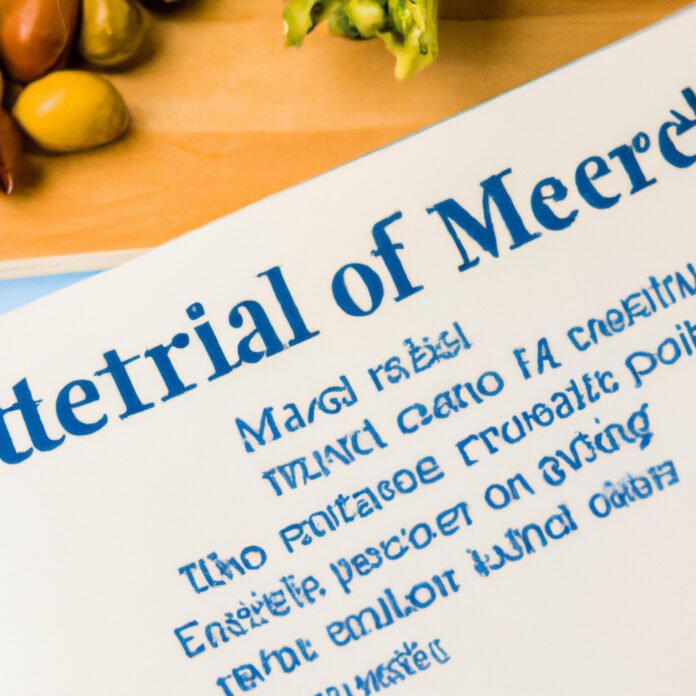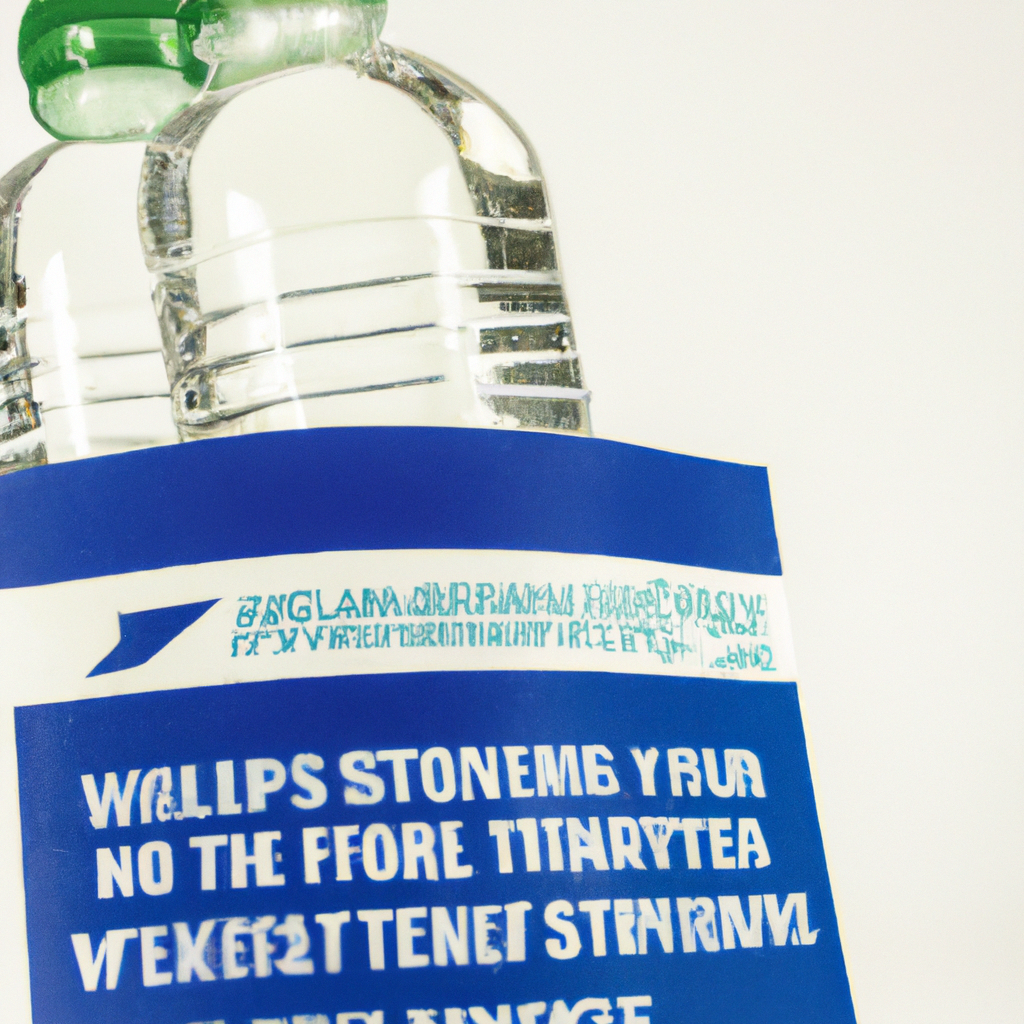From its sun-soaked Mediterranean shores to its delicious dishes, the Mediterranean diet has become a gold standard for healthy eating. Celebrated for its uncompromising flavors, the Mediterranean diet offers a blueprint for balanced meals that are as delicious as they are healthy. Whether you’re looking to lose weight, ensure a steady diet of essential vitamins and minerals, or simply improve your overall health, this diet offers a clear and attainable path to a better life.
1. Unveiling the Secrets of the Mediterranean Diet: A Gastronomic Adventure to Optimal Health
The Mediterranean diet has a rich history of cultural influences that contribute to its unique flavour and impressive benefits. The traditional blend of whole grains, fresh fruits and vegetables, fish, olive oil, nuts, herbs, and spices harmonise into a diet that’s celebrated for its health properties. Today, we are uncovering the secrets of the Mediterranean diet and its heart-nourishing potential.
Heart Healthy Diet
In recent decades, following a Mediterranean-style diet has been linked to numerous health benefits, with heart-protection chief among them. Studies have indicated that a Mediterranean diet rich in essential fatty acids and low in refined carbohydrates lowers cholesterol and triglyceride levels in the bloodstream, decreasing the risk of developing cardiovascular disease.
Traditional Foods
The Mediterranean diet encompasses a wide range of ingredients, but it’s these traditional foods that provide it with essential nutrients and flavour.
- Whole grains — such as buckwheat and quinoa.
- Fresh fruits and vegetables — such as beets, broccoli, and kale.
- Fish — such as salmon, mackerel, and sardines.
- Olive oil and nuts — such as almonds, walnuts, and cashews.
- Herbs and spices — such as thyme, oregano, rosemary, and garlic.
These dietary components are widely available, making Mediterranean cuisine a realistic lifestyle choice. What’s more, home cooking provides a great opportunity to explore the many flavours of the Mediterranean through traditional cuisine.
Exploring Mediterranean Cuisine
Here are some tips to help make the Mediterranean diet a regular part of your meals:
- Explore new recipes with fresh produce consistently, experimenting with herbs and spices such as basil, oregano, and cumin.
- Swap refined carbohydrates such as white pasta and white rice for whole grain options.
- Look for cold-pressed olive oil to enhance the taste of your dishes.
- Include a serving of lean protein such as fish or white meat with each meal.
- Bulk up your dishes with a selection of nuts or legumes, such as almonds, chickpeas, and lentils.
By incorporating more Mediterranean-style ingredients into your meals, you’ll enjoy the diverse flavours and maximum benefits from this celebrated diet.
2. Savoring the Good Life: Understanding the Principles of the Mediterranean Diet
The Mediterranean diet has become renowned worldwide for its healthful, joyful approach to life and eating. Since 2015, it has been declared an intangible cultural heritage of the world by the UNESCO. Its astronomical rise to fame is no surprise; its principles are filled with fresh, wholesome food and are easy to follow. Here are some guidelines for savoring the good life with the Mediterranean diet:
- Focus on Whole Foods: While it is completely acceptable to indulge in treats occasionally, the main focus should remain on whole unprocessed foods. An abundance of fruits, vegetables, legumes, nuts, grains, and healthy fats form the base of the Mediterranean diet.
- Increase Fish Consumption: A major part of this diet is the consumption of seafood and fish. This healthy source of protein and omega-3 fatty acids should form the majority of your protein intake. In contrast, red meat should only be consumed in moderate amounts.
- Limit Dairy: While dairy is not banned from the Mediterranean diet, it should be consumed in moderation. Try to opt for low-fat dairy products and cheese. Choose yogurt and other fermented products for probiotic benefits.
- Swap Out Processed Fats: Cutting out processed fats is essential for maintaining heart health. Swap out processed oils, trans-fats, and margarines for healthier, natural options such as olive and avocado oils.
It is recommended to consume a moderate amount of alcohol with the Mediterranean diet. The focus should be on consuming wine and other plant-based drinks. This will help to encourage community and socializing.
Folks on the Mediterranean diet also understand the importance of physical activity. Walking, biking, swimming, yoga, and tai chi are great forms of exercise. Even gardening or taking care of house chores can help to keep you fit.
Finally, it’s important to spend time savoring your food. Sit down with family and friends, take your time and really enjoy your meals. Savor the flavor, taste, and nourishment of the food. We eat with our eyes and nose as much as with our tongues.
3. Nurturing Your Body and Mind: The Mediterranean Diet as a Path to Longevity
Enjoy Your Food and Make it Good for You: Eating to live a long, healthy life is a lifestyle that the followers of the Mediterranean diet have been advocating for centuries. Eating food that is full of nutrition and free from processed ingredients is essential for everyone to enjoy vibrant health, both mentally and physically. Through this diet, you can enjoy your meals while still preserving the nutrients that your body needs to perform at its best.
Variety is the Spice of Life: There is no single format to the Mediterranean diet, as regional variations, cultural influences, and fresh seasonal availability all lend to its delicious diversity. However, the basic tenets remain the same: plenty of fresh fruits and vegetables, small portions of animal proteins, olive oil, nuts, and the occasional glass of wine. All of these food components guarantee a balanced plate that is as delicious and nourishing as it is healthy.
Eat Together as Much as You Can: It is also important to note the communal approach to food that the Mediterranean diet emphasizes. It is not only about what you are eating, but how you are eating it, who you are eating with, and even where you are eating it. The experience of eating quality food with quality company is not to be underestimated, and is a cornerstone of this diet.
Focus on Quality over Quantity: For those who are on the Mediterranean diet, the focus is not necessarily about counting calories or macronutrients. Rather, it is about making sure that each bite of food that you take is packed with fresh, natural ingredients that are of the highest quality. Always opt for the freshest ingredients that you can find, and be mindful of the source of your food.
Incorporate Physical Activity: In addition to eating a wholesome Mediterranean diet, being active is also important to living a healthy lifestyle. Aim to work in some sort of physical activity into your daily routine, whether it be a walk, a yoga session, a Pilates class, or anything else that you enjoy.
Make Time for Relaxation: Don’t forget the importance of rest and relaxation. Take a break from the hustle and bustle of your day-to-day life and make time to dialogue with yourself. From silent reflection to journaling to talking it out with a trusted friend, carving out time for inner reflection is key to nurturing both your body and mind.
4. From Ancient Traditions to Modern Wellness: Embracing the Mediterranean Diet for a Vibrant Lifestyle
The Mediterranean diet has long been lauded for its health benefits, and is now widely accepted by nutritionists as one of the most viable and effective diets for optimal health.
But it wasn’t always so. Ancient Mediterranean peoples ate differently from the way dieticians recommend today. In fact, some of their cuisine of the past was far from what we would expect today based on our understanding of healthy eating.
But the Mediterranean diet of today is full of whole foods and plant-based items that have been embraced as some of the best-tasting and healthiest nutrition options. With the dual focus on flavor and fuel, the Mediterranean diet offers an opportunity for health-seeking individuals to get the best results for their body.
Popular favorites for the Mediterranean diet include:
- Whole Grains: Whole grains such as quinoa, bulgur, barley, and oats pack a nutritional punch for their combination of fiber and complex carbohydrates that will keep you feeling full and energized for hours.
- Vegetables: Leafy greens, tomatos, peppers, squash, eggplant and more—all packed with fiber, antioxidants, and minerals to promote health and wellness.
- Fruits: Local seasonal fruits are a keystone of the Mediterranean diet. From oranges to avocados, figs and melons, these sweet treats provide an energizing balance of sugar and fiber.
- Fish & Seafood: Rich in Omega 3s, fish and seafood provide a lean source of protein that helps complete a balanced Mediterranean meal.
- Legumes & Nuts: Beans, chickpeas, and lentils are a great source of protein and contain healthy fats as well as fiber.
By focusing on whole foods and plant-based items, as well as an emphasis on flavor rather than deprivation, the Mediterranean diet strikes an optimal balance of taste and nourishment.
So if you’re looking to switch up your lifestyle for better health, the Mediterranean diet may be just the ticket. Give it a try and find out!
So if you’re looking to make the switch to a healthier lifestyle, the Mediterranean Diet has plenty to offer. Its combination of delicious, nutrient-rich foods, along with an active lifestyle, has been proven to contribute significantly to overall wellbeing. Try it out today and take control of your health, and our planet’s!



